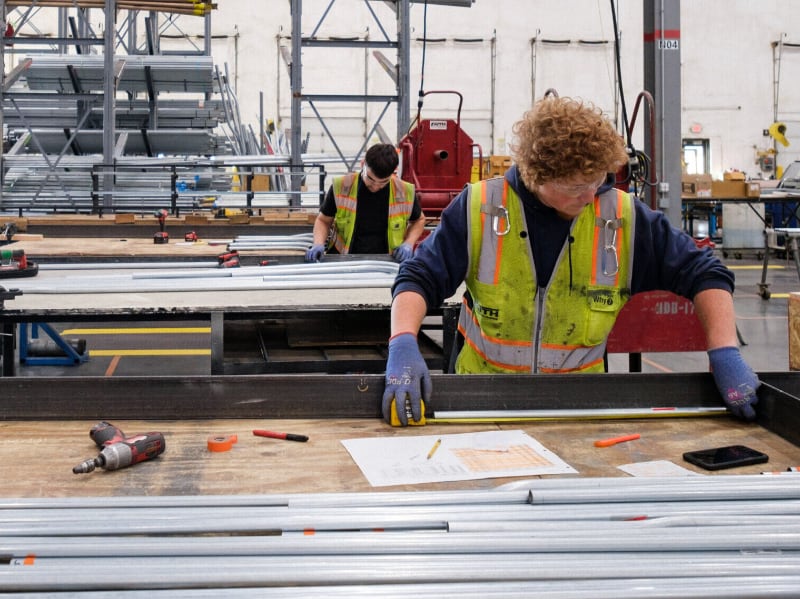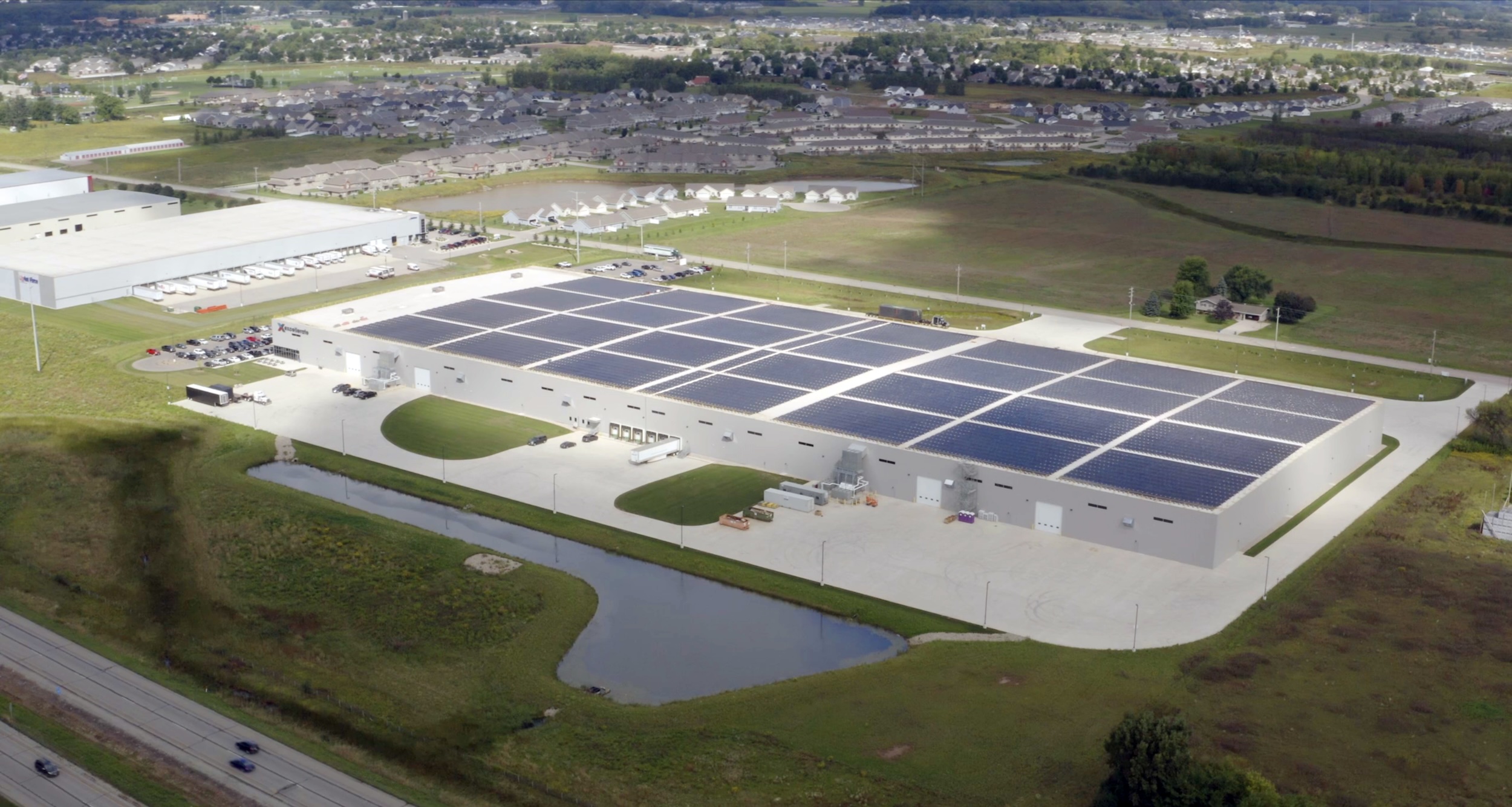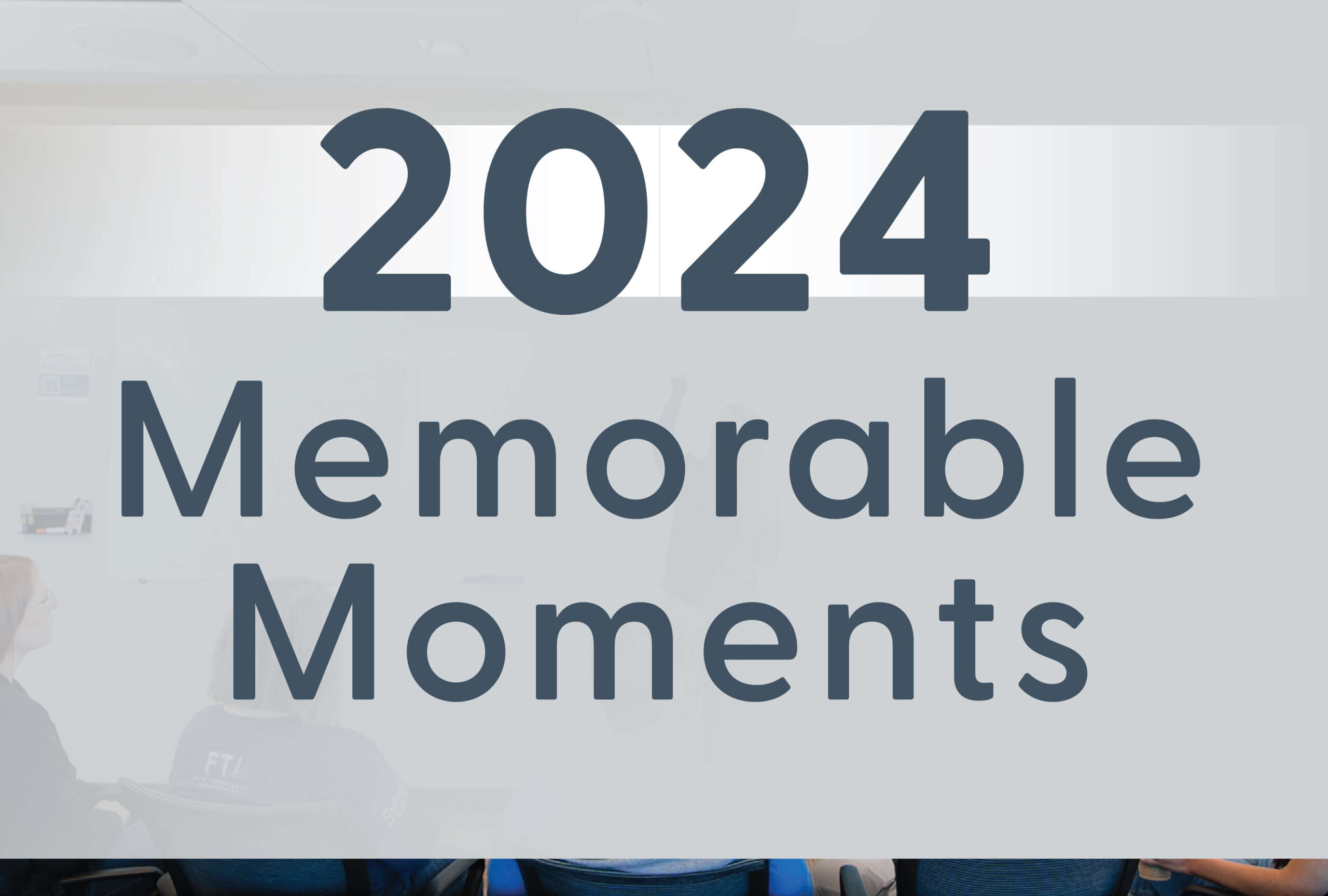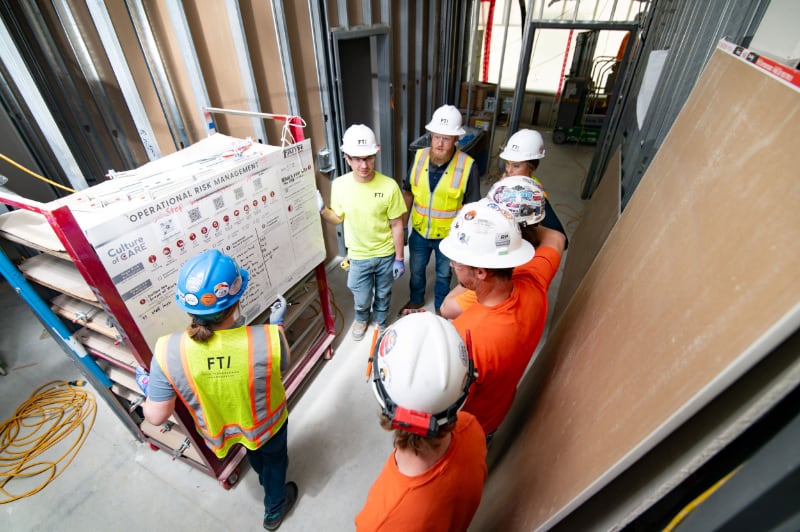
Over the past several years, FTI and our Excellerate manufacturing division have experienced rapid growth. That growth has increased team member resources and provided the opportunity for larger and more complex products. From an individual’s viewpoint, the workload can seem overwhelming, which brings up the question, how can we tackle all this work, or how are we going to eat this elephant? According to Desmond Tutu, South African bishop and theologian, “There is only one way to eat an elephant: a bite at a time.”
That advice translates well to building large products, but also holds true for projects of any size. The bites are equivalent to tasks throughout a project cycle. No task is more important than another as they all need to be completed to be successful.
Retired Navy Admiral William H. McRaven once said, “If you can’t do the little things right, you will never do the big things right.” If one task is overlooked, or not performed correctly, it can have negative cascading effects on the rest of the project. At FTI, we have found success by empowering team members to take ownership of their tasks, taking pride in doing them the right way, seeing their part in the big picture and rewarding individual results that create team success – one of our core values.
These are some of the seemingly small but ultimately important things FTI does that complement one another and are vital to our success:
- Pre-Construction
- Estimating new opportunities.
- Engineering structural, electrical and mechanical loads.
- 3D modeling and coordination of product.
- Generating product data submittals for materials.
- Constructability
- Dissecting a project into bite-sized pieces that make chronological sense.
- Building work packages for these steps that identify the materials, tools and resources needed for each step.
- Generating drawings and work instructions for each work package to be followed on the production floor.
- Supply Chain
- Building strategic partnerships with suppliers and leveraging buying power.
- Securing manufacturing slots to ensure on-time delivery of materials.
- Seeking alternative products when lead times are unfavorable for production.
- Scheduling
- Building logic between the work packages to identify the critical path.
- Incorporating supply chain data into the production schedule.
- Forecasting the resource curve so projects can be staffed accordingly.
- Production
- Leveraging industry knowledge and leadership to guide crews.
- Utilizing the proper tools and information to perform work safely and productively.
- Performance Tracking
- Setting up task codes and providing goals
- Taking the time to report hours to the correct codes and tracking performance data.
- Completing Productivity Time Studies to identify areas of secondary time or waste to improve upon.
- Process Development and Continuous Improvement
- Defining clear processes for each stage of the project.
- Taking feedback from team members on what is working, what is not and what is cumbersome.
- Making adjustments to continuously improve processes across all disciplines.
- Customer Satisfaction
- Paying attention to our customers’ needs.
- Communication, communication, communication.
- Soliciting feedback to implement into continuous improvement.
When it comes to an organization’s productivity, it takes many gears turning together to make the machine work. When your organization gets all the little things right, you will inherently get the big things right as well.
If you have a project that could benefit from FTI’s Excellerate manufacturing division and our custom engineered solutions, please contact us today. To join our team, please see our career opportunities.
If you enjoyed this blog article, please subscribe to stay up to date on the latest industry news from our experts at FTI.










